
He referred to the passage in Luke (11:15-26), in which the Evangelist “combines several things that Jesus likely said” at various times, and then “describes Jesus’ response to those who accused him of casting out demons through the power of the prince of demons”. Describing the context in which the scene takes place, the Pope recalled that “Jesus was among the people, doing good, preaching and the people listened to him and said that he spoke with authority”. But, the Pope noted, there was also “another group of people, people who did not like him and always tried to interpret” his words and his behaviour in a different way, in a false manner against him. What were their reasons? The Pope listed several: “for some it was out of envy, for others it was due to strict doctrine, and others it was out of fear that the Romans would come and massacre them”.
In short they had “many reasons” for trying “to undermine Jesus’ authority over the people”, and they even used “slander, as in this specific case”. The Pope repeated their words from today’s Gospel: “He casts out demons by Beelzebub. He is possessed. He works magic and is a sorcerer. They continually put him to the test”. Essentially, “they set a snap before him, to see if he would fall”.
Here the Pope made reference to the first of the two topics: discernment. By modernizing the story, as customary, Francis shed light upon how much “the evil spirit does” even “with us”. That is: “he always tries to deceive, to lead us and make us choose the wrong path”. And that is why “discernment is necessary”. Moreover, “if the evil spirit did these things to Jesus, what would he not do to us?”, the Pope asked. From here, he drew the call to “know how to discern situations: this is of God and this is not of God; this comes from the Holy Spirit, and this comes from the evil one”.
For Pope Francis “the main message derived from this Gospel passage is that of discernment. A Christian cannot be calm, assuming that everything is fine. He must discern things and really look at where they come from, what their root is”, continuously asking himself: “Where does this come from? What is the origin of this opinion, these phenomena”, where do these things come from?
Furthermore, Jesus seems to give some “advice, and this is the second topic: vigilance”. Once again, the Pope repeated part of the passage from Luke’s Gospel. “When a strong, fully armed man guards his own palace, , his good are in peace; but when one strong than he assails him and overcomes him, he takes away his armour in which he trusted, and divides his spoil”. Therefore, Pope Francis, “vigilance is necessary, because the enemy may come”. He then added that “this enemy is not so dangerous, because one can discover him immediately and defend oneself. But the other, the other is very dangerous”. In fact, Jesus continues: “When the unclean spirit has gone out of a man” — when he is driven out — “he passes through waterless places seeking rest; and finding none, he says, ‘I will return to my house from which I came’”. Francis stressed that “temptations will always return”, and that “the evil spirit never tires. He was cast out, but patiently waits to return. When he returns he is pleased to find the house swept and put in order. Then he goes and brings seven other spirits, more evil than himself, and they enter and dwell there’ and the last state of that man becomes worse than the first”.
“Why is it worse?” asked the Pope. Because; he said, “first he is aware of the evil spirit that is inside, that it is the devil who torments and commands him… Instead, the Pope observed, “in the second case the evil one is hidden, he comes with his very polite friends, knocks on the door, asks permission, enters and lives with that man, in his daily life, and little by little gives him instructions”. In this way “the man ends up destroyed by the well-mannered method the devil uses, by the way the devil convinces him to do things, with relativism: ‘But it is not … but it is not much … no, relax, be calm…’”.
Therefore the Pope warned against the “grave evil” of “numbing one’s conscience”, of anaesthetizing it. “When the evil spirit is able to anaesthesize the conscience”, the Pope said, “we can say that this is his real victory: he becomes master of that conscience”. The Pope explained that it is of very little help to say as some do: “This happens everywhere! Everyone has problems, we are all sinners!”. Because in that ‘everyone’ there is the ‘no one’. Everyone, but not me”. And in this way you end up living out “this worldliness that is the daughter of the evil spirit”.
To practice vigilance, the Pope concluded, “the Church advises us to always use an examination of conscience: What happened in my heart today, and why? Did this well mannered demon and his friends try to come to my house?”. The same goes for discernment: “Where are these words, lessons and teachings coming from? Who is saying this?”. In short, we must ask the Lord for the twofold grace of discernment and vigilance “in order to prevent the one who deceives, seduces and fascinates, from entering”.

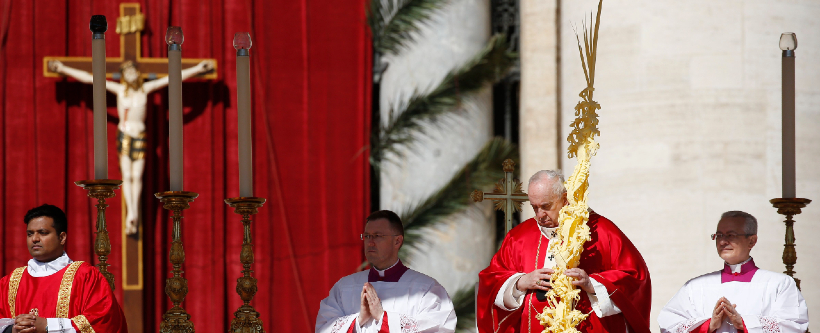
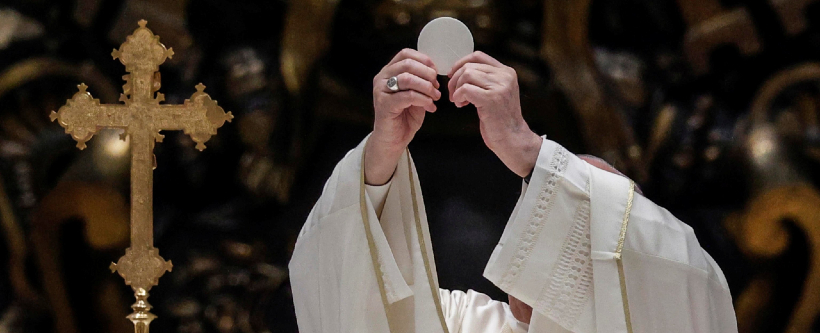
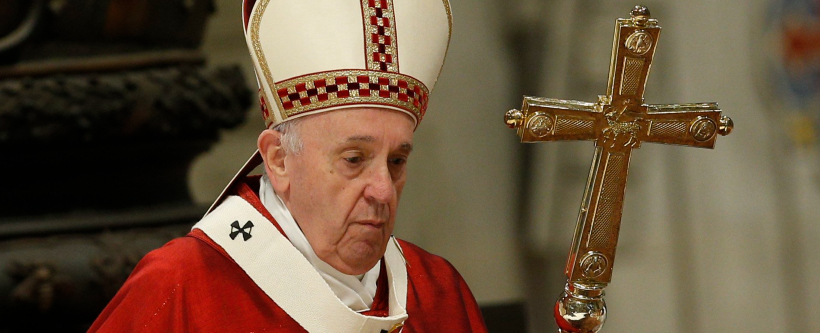
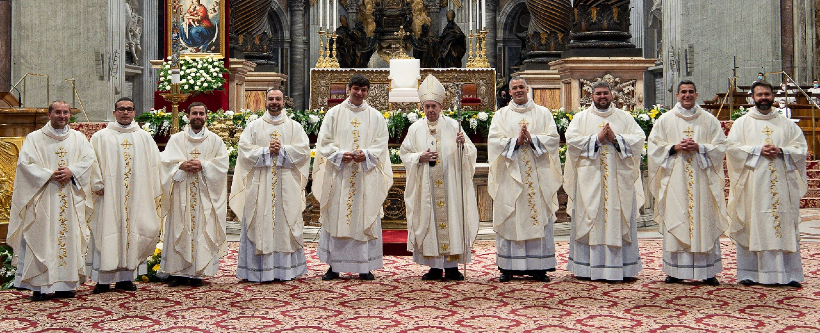
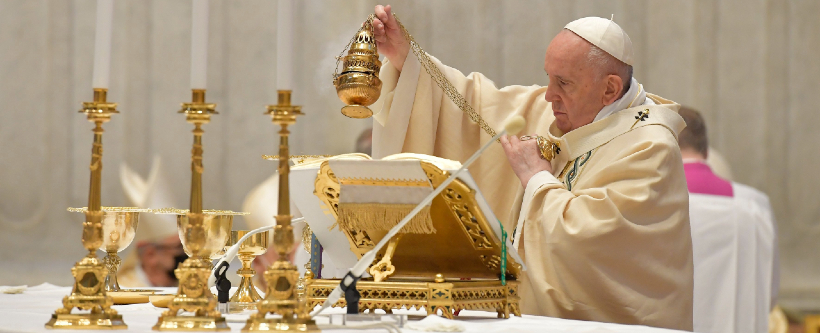
Facebook Comments